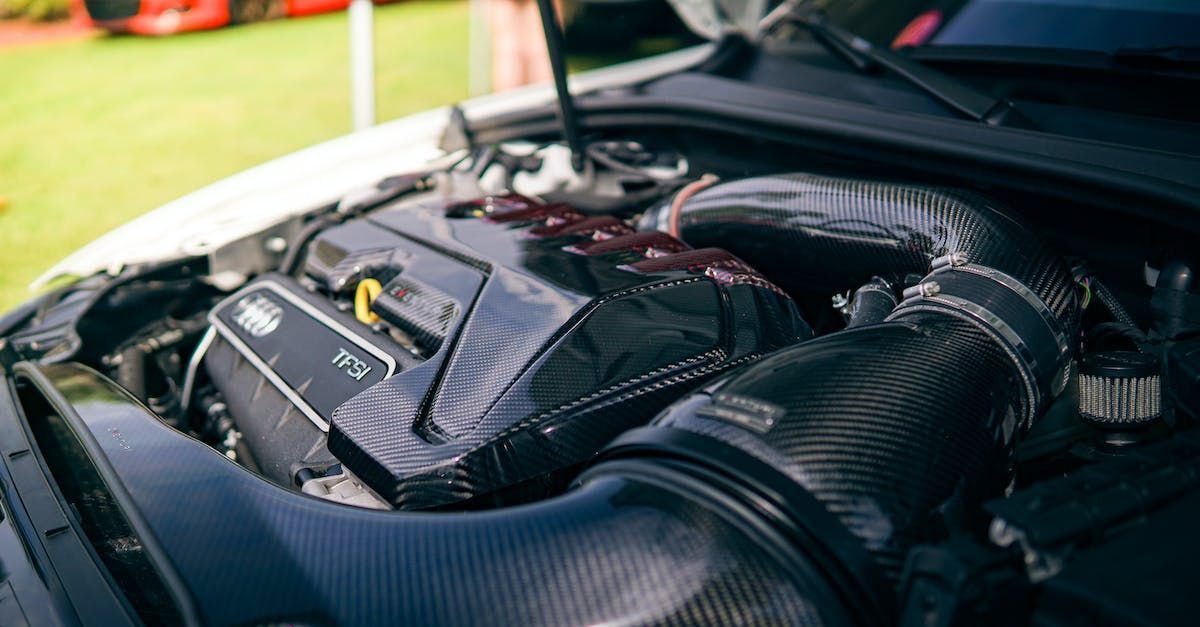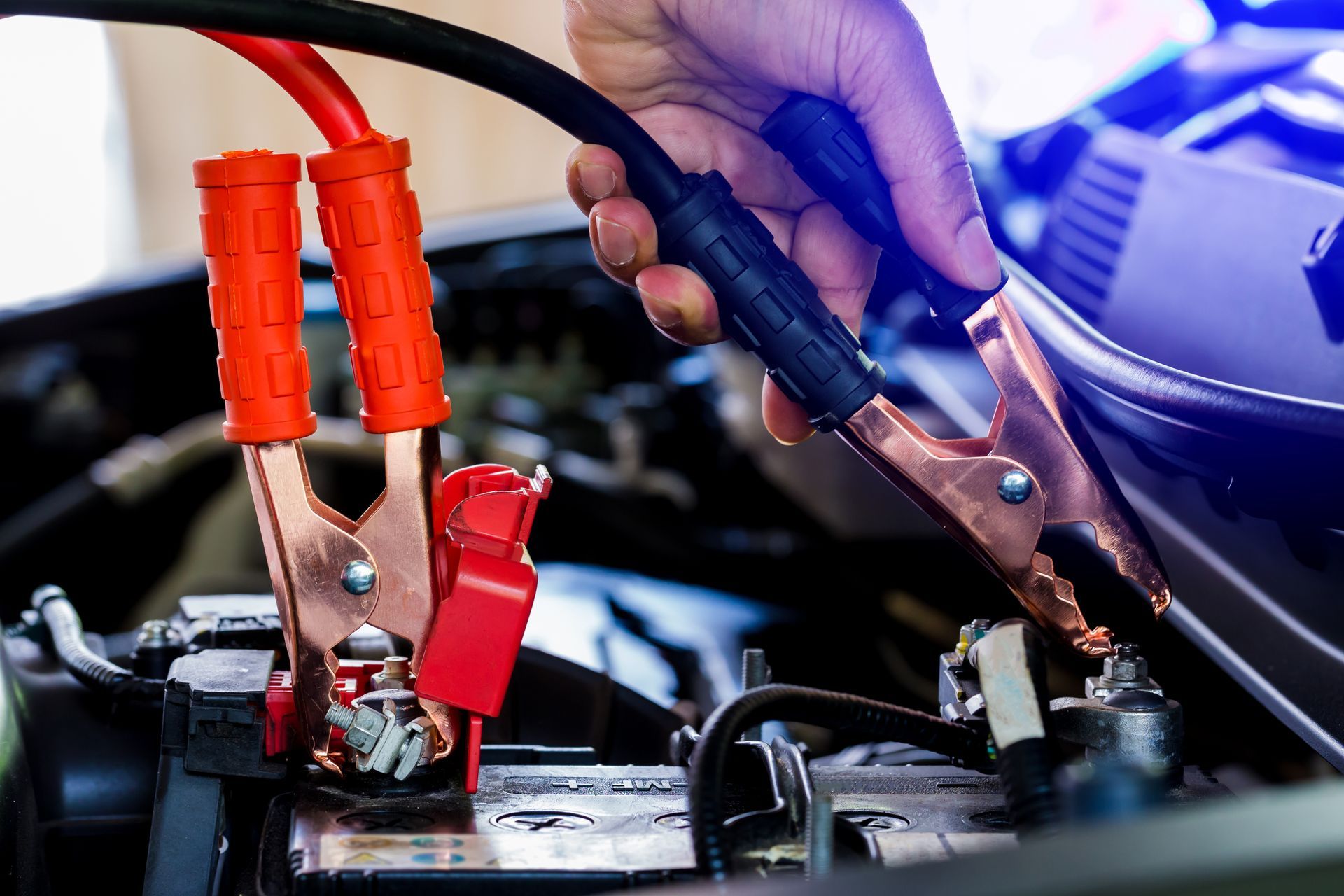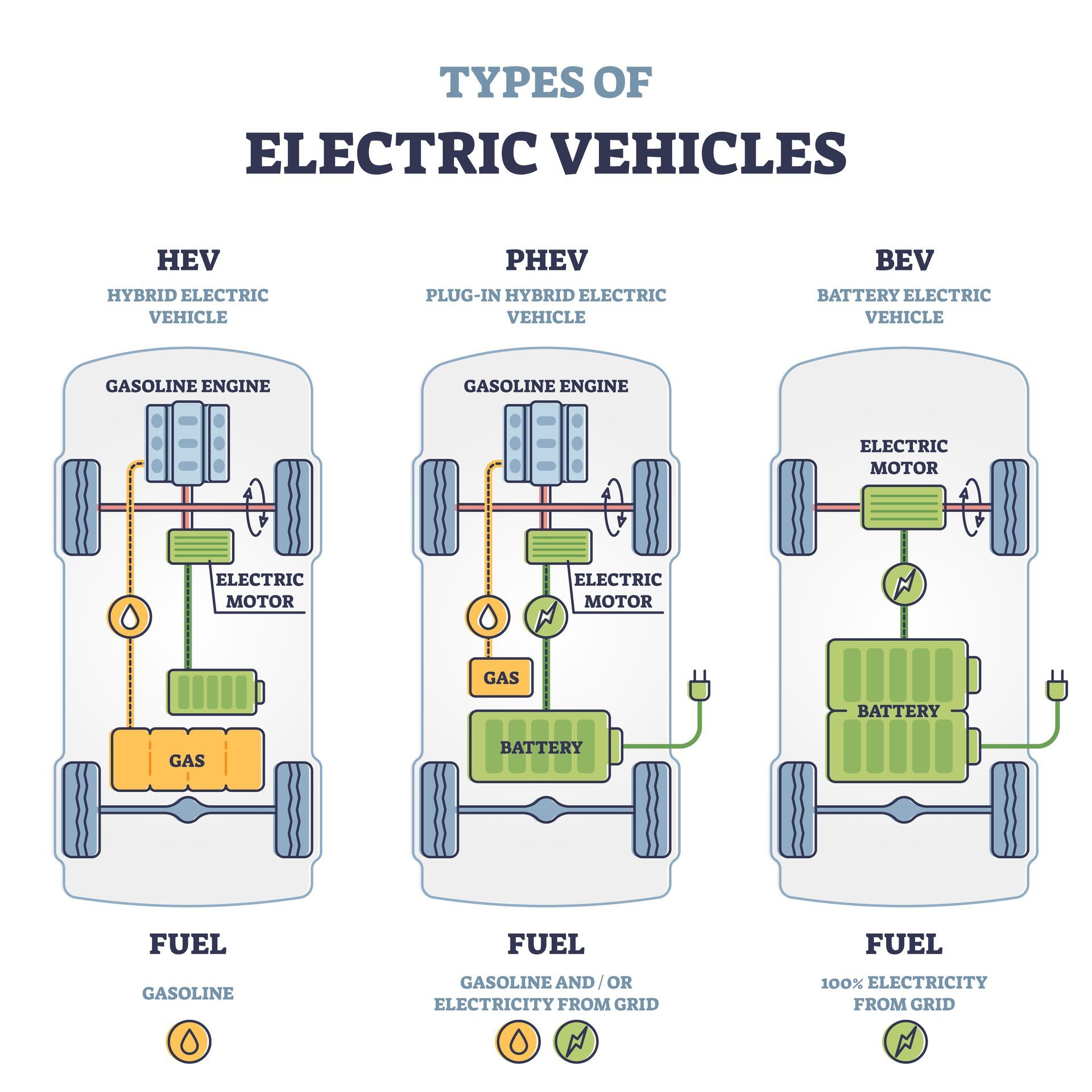Loading ...
Missing business hours data / Error occurred while getting the data.
Loading ...
Missing business hours data / Error occurred while getting the data.
Something is leaking under my car.
August 22, 2023

Something is leaking under my car. What is it?
Vehicles can develop various types of leaks, which can be caused by a variety of factors including wear and tear, age, poor maintenance, or accidents. These leaks can be detrimental to the vehicle's performance, safety, and longevity. Here are some common types of leaks that vehicles can experience:
Engine Oil Leak:
This is one of the most common types of leaks in vehicles. It can occur from the engine oil pan, valve cover gasket, oil filter, or other engine components.
Signs include oil spots or puddles under the vehicle, low oil levels, and a burning oil smell.
Transmission Fluid Leak:
Transmission fluid is vital for smooth gear shifting and overall transmission performance.
Leaks can occur from the transmission pan, seals, or cooler lines.
Symptoms may include difficulty shifting gears, transmission slipping, or transmission overheating.
Coolant Leak:
The cooling system helps regulate the engine's temperature. Leaks can happen in the radiator, hoses, water pump, or gaskets.
Signs include overheating, a sweet-smelling odor, and low coolant levels.
Power Steering Fluid Leak:
Power steering fluid is essential for ease of steering. Leaks often originate from the power steering pump, hoses, or the steering gear.
Symptoms include difficulty turning the steering wheel and a whining noise when turning.
Brake Fluid Leak:
Brake fluid is crucial for maintaining braking performance. Leaks can occur at the brake lines, hoses, or master cylinder.
Warning signs include a soft or spongy brake pedal, reduced braking efficiency, and brake warning lights.
Fuel Leak:
Fuel leaks can be dangerous due to the flammability of gasoline or diesel fuel.
Leaks can happen at the fuel tank, fuel lines, or fuel injectors.
Symptoms include a strong fuel smell, decreased fuel efficiency, and visible fuel stains.
Exhaust System Leak:
Exhaust leaks typically occur at the exhaust manifold, gaskets, or in the exhaust pipes.
Signs include a loud, unusual noise, and the smell of exhaust fumes inside the vehicle.
Differential Fluid Leak:
Differential fluid is essential for the proper functioning of a vehicle's differential (which transfers power to the wheels).
Leaks can occur at the differential housing or seals.
Symptoms may include a whining noise during turns and uneven tire wear.
Axle Seal Leak:
Axle seals are critical for keeping differential fluid in and contaminants out.
Leaks often result in oil seeping onto the inside of the vehicle's wheels or tires.
Air Conditioning Refrigerant Leak:
The refrigerant is crucial for cooling the air in the AC system.
Leaks can occur in the AC compressor, condenser, or hoses.
Signs include diminished cooling capacity and hissing noises.
It's important to address leaks promptly, as they can lead to more significant problems and safety hazards if left unattended. Regular vehicle maintenance and inspections can help detect and address leaks early, potentially saving you from costly repairs and ensuring your vehicle's safety and performance.




Give Us A Call
Quick Links
Loading ...
Missing business hours data / Error occurred while getting the data.






